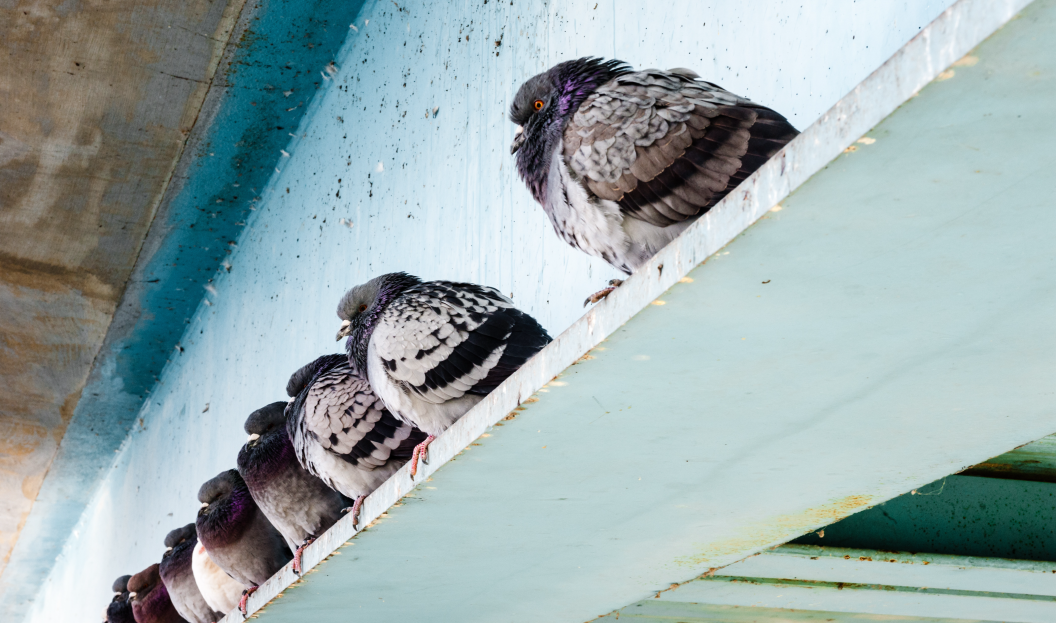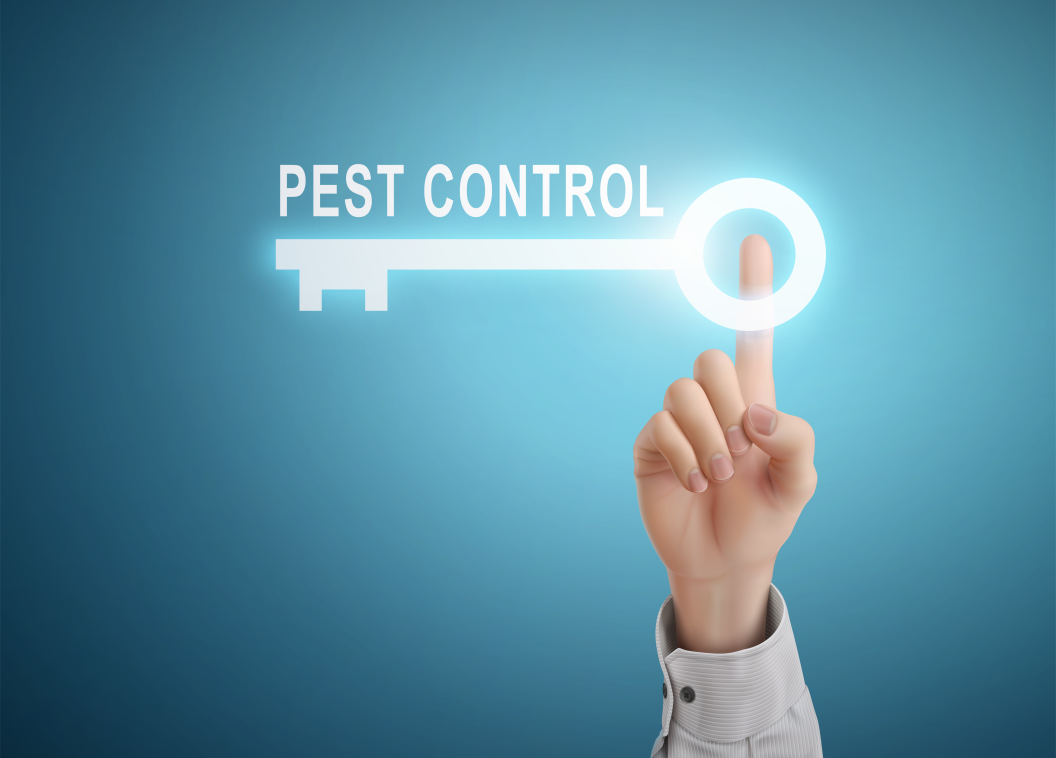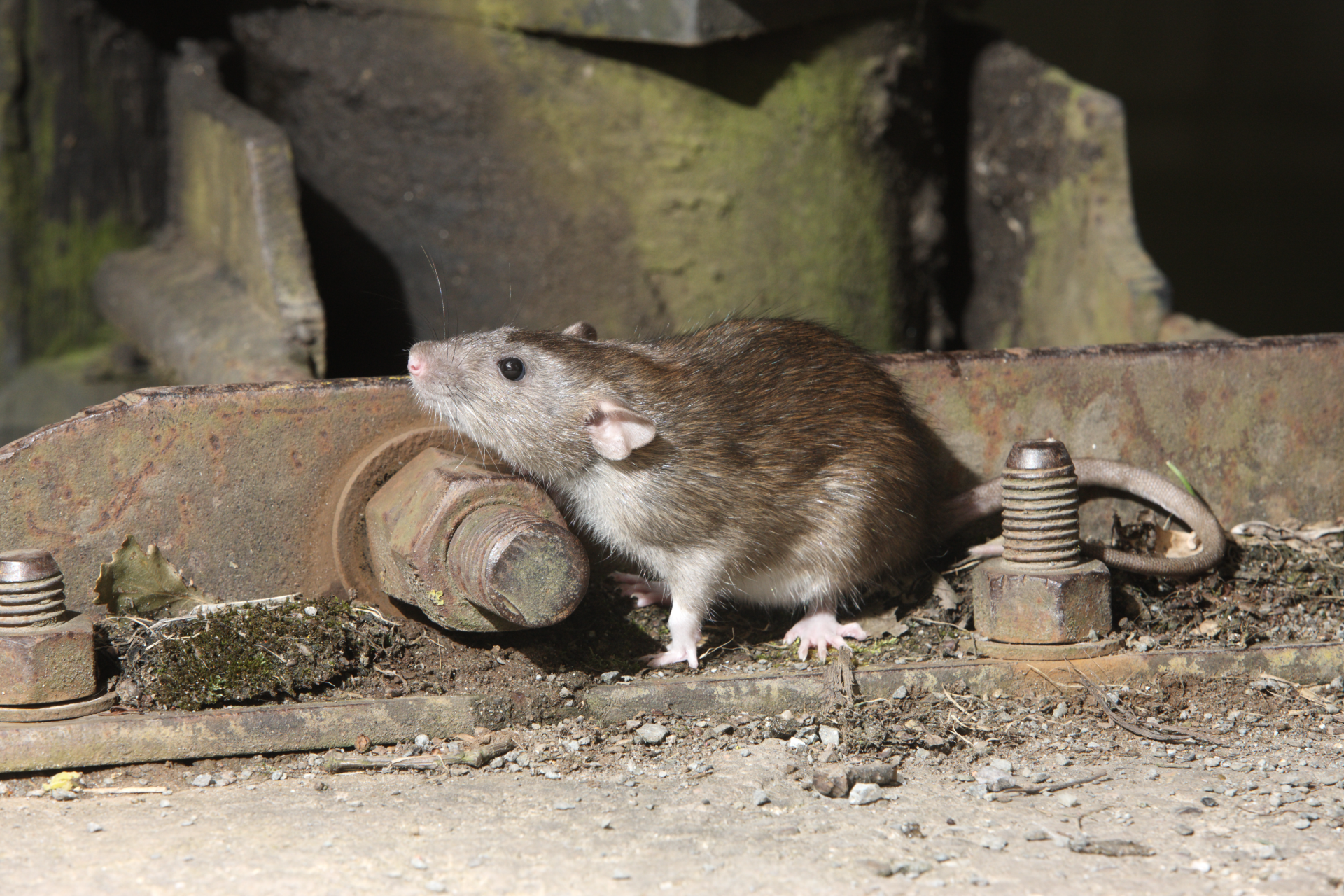We’ve all heard the phrase ‘You are never more than 6 feet from a rat’ which is not a pleasant thought in any circumstances but when it comes to your business, it can have real knock-on effects. Not only can pests cause damage to your business premises, but they can also damage the reputation of your business too. The presence of pests can give an instant impression to your customers that your premises are dirty, ill-maintained or that your business simply cannot cope. Pests, especially squirrels and rodents, can cause thousands of pounds worth of damage to your business premises if left uncontrolled. Ants can cause very costly structural damage to buildings, mice are renowned for chewing through wiring, creating holes and contaminating food in premises and cockroaches can spread diseases and bacteria and their mere visual presence can repel your customers.
Pest Proofing Your Business
Hygiene and pest control inspections should form part of your annual risk assessments and even be carried out on a more regular basis to maintain good hygiene standards.
Employers have legal requirements to control pests under several pieces of legislation – The Health and Safety at Work (Etc) Act 1974, The Public Health Act 1961, The Prevention of Damage by Pests Act 1949, and the Food Hygiene Regulations (Regulation EC. No. 852/2004), to name but a few. Non-compliance or failure to act can lead to formal action including significant fines for businesses. All of which is not good news for a business that you have worked so hard to grow.
With the British Pest Control Association reporting an increase of more than 41% in rodent sightings during lockdown, it is no wonder businesses might be looking for ways to pest proof their premises. Here, we take a look at some simple tips on how you can help prevent pests on your business premises.
Good Hygiene Habits
All pests need a food source and supply and promoting the importance of good hygiene habits surrounding food and its disposal in the workplace amongst your staff will eliminate this potential source and supply. Your staff handbook should include sections detailing the importance of maintaining good hygiene habits and that every member of staff plays a part in this. A requirement that food should only be stored and consumed in designated areas and under no circumstances left out on or in desks or lockers etc will help to ensure that there are no potential food sources for pests. Food should be stored in sealed containers and ensure any washing up is done regularly so that any food debris is cleared away. It will also be prudent to ensure that all food waste bins have secure, rodent proof lids and that they are emptied daily. Refuse bins should be sited away from buildings and have fully closable lids. A regular waste removal contract should mean that waste is not allowed to build so much so that lids must remain open, giving ready access to pests.
Regular Cleaning
As part of maintaining a good hygiene regime in your business, a regular cleaning schedule is a must. Cleaning of your premises should be carried out daily, especially in areas where food is prepared and/or consumed and stored. If you are not able to do this yourself due to the demands of your business, consider a contract with a professional cleaning company to keep on top of your cleaning schedule. Waste packaging and other waste materials can also provide harbourage for a range of pest species, so these should be removed regularly.
Water Sources
As with a food source, most pests need a supply of water too. A regular visual inspection of the water supply to your business should be carried out and any leaks fixed as soon as possible. Water should not be allowed to stagnate – a real draw for some pests. If you offer shower facilities to your staff, these should be kept clean as part of your regular cleaning and maintenance schedule. Cleaning of drains should be carried out on a regular basis too – rats frequent drains and pipes. Consider having a non-return valve fitted to your sewer pipes to prevent rats from being able to gain access.

Visual Inspection
A regular visual internal and external inspection of your premises will help to identify possible entry points for pests and deal with the issues before they become big problems. As you carry out your inspection, consider the following:
Covering vents and air bricks with wire mesh (chew proof) will allow air to circulate in your premises but will help to keep the majority of pests out. The mesh should also be used in the eaves of your building to stop any holes becoming entry points and make sure any damaged roofing is fixed as soon as you can. Electrical wires can be used by squirrels and rodents to traverse along to gain entry to roof spaces. This is why blocking holes and fixing any damaged areas of your roof is vitally important.
Entry holes to your premises should be identified and blocked, no matter how impossible to enter you think they might be. Tiny pests will be able to enter and even large pests such as rodents can flatten their bodies to squeeze into the tiniest spaces. Fill holes with caulk or wire wool to block them. The same applies to spaces under doors. Consider fitting strips (brush or bristle) to the bottom to prevent pests from entering underneath.
Anti-roosting spike strips on window ledges and roofing can prevent pigeons from perching and roosting in areas around your premises, causing annoyance, damage or health hazards from their droppings.
All pests need shelter and cover. Grassy areas, bushes and shrubs provide perfect shelter and also a food source in the form of seeds. Keeping the grass low by a regular mowing schedule and inspecting and trimming bushes and shrubs regularly will help to eliminate this.

Pest Proofing Your Business
Another old adage applies; prevention is better than cure – instructing a pest control company to survey and advise on pest proofing your business as part of your regular maintenance schedule can help prevent problems before they occur.
If you see pests or suspect that you have an infestation on your premises, you should deal with this in a timely manner.
If you need assistance with pest control or advice on prevention, we offer our services for both domestic and businesses premises in Northampton, Daventry, Rugby, Market Harborough, Towcester, Brackley, Wellingborough, Kettering, Corby, Olney and all of the surrounding areas. Our team of specialists are available both evenings and weekends at no extra cost. Should you require assistance call us on 01604 328545 , email [email protected] or use our simple contact form.


Great read about pests in a business and measures which can prevent them. Really informative blog